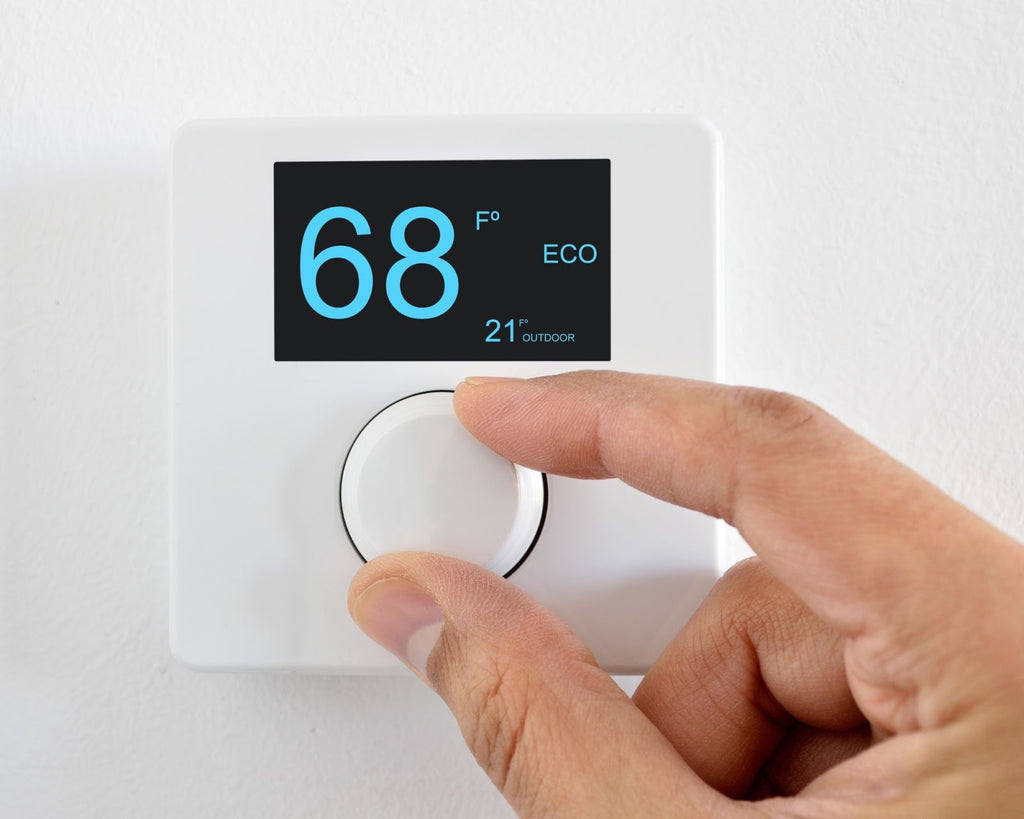You know how difficult it can be to get a good night’s sleep for those suffering from sleep apnea. Even when you get the recommended eight hours of sleep, you’re left drained and unrested the next day.
Thankfully, continuous positive airway pressure (CPAP) therapy can help alleviate those symptoms and allow you to sleep more soundly. However, you may be wondering if you can opt for home remedies instead of CPAP therapy.
Are there home remedies you can try? Are they effective? While home remedies aren’t proven to provide relief for sleep apnea, they can be used to complement your sleep apnea treatment for optimal relief.
ApneaMed will walk you through a few of the most effective sleep apnea home remedies to pair with your continuous positive airway pressure therapy. While these alternative options won’t treat your sleep apnea, they can be used in conjunction with a CPAP machine to improve your sleep.
What Is Sleep Apnea?
Obstructive sleep apnea is a sleep disorder that causes the individual to stop breathing multiple times throughout the time. This happens when the soft palate of their throat collapses, causing a blockage in their airway. As a result, the patient gasps or chokes as they attempt to reopen the blocked airway.
Most individuals with sleep apnea aren’t aware that this is happening, and it is often noticed by a partner who hears them choking in their sleep or snoring loudly. However, if left untreated, sleep apnea can lead to additional health problems such as diabetes, stroke, and heart disease, which is why it’s imperative to get treatment.
Sleep Apnea Home Remedies
Although these home remedies may promote a better night’s sleep, they should be used in conjunction with CPAP therapy to ensure your sleep apnea is under control.
Watch Your Weight
While not all individuals with sleep apnea are obese, obesity is a cause of sleep apnea. This is because the added weight on your neck makes it more likely that the muscles and tissue will collapse — blocking your airway as you sleep. By eating a healthy diet and exercising regularly, you’ll help maintain a healthy weight. As a result, you’re more likely to breathe easier throughout the night.
Lower the Temperature
What do you have your thermostat set to when you sleep? For optimal comfort while you sleep, you should have the thermostat set between 60 and 67 degrees Fahrenheit. While this advice relates to anyone, it can be beneficial for those with sleep apnea. Sleeping in a cool room makes it easier to wind down and reach a deep sleep, which you need to feel rested the next day.
Change Your Sleep Position
What position do you sleep in at night? While some may prefer to sleep on their stomach, others opt to sleep on their back or their side. But did you know that your sleep positioning may be impacting your quality of sleep and worsening your sleep apnea symptoms? Sleeping on your back makes it more likely that your throat muscles are going to collapse throughout the night. While using your CPAP equipment, try changing your sleeping position to reduce the chances of a blocked airway.
Use a Humidifier
As an individual with sleep apnea, you should understand how aggravating dry air can affect your airways and respiratory system. If you notice your throat becoming increasingly dry throughout the night, you may be a good candidate for a humidifier. A humidifier adds moisture to the air, reducing congestion, keeping your airways open, and help you breathe easier while you sleep.
Limit Alcohol and Smoking
Along with leading a healthier lifestyle with your food and exercise choices, you can limit your alcohol intake and stop smoking to help create better sleeping habits. While alcohol may seem to make you sleep more soundly, it causes the muscles in your body to relax — often making your sleep apnea worse!
Similarly, smoking can cause inflammation in your airways, making your airways more likely to become blocked throughout the night.
Use Oral Appliances
For an alternative form of sleep apnea treatment, some patients opt to use oral appliances. Oral appliances, such as mouthguards, work to reposition your jaw or tongue that may be causing the blocked airway.
While oral appliances aren’t a recommended form of treatment for all patients, they can be used for sleep apnea patients with mild to moderate throat collapse issues or weak reflex response of throat muscles. Anyone with more severe forms of sleep apnea should continue to rely on continuous positive airway pressure therapy.
Testing and Treatment for Obstructive Sleep Apnea
If you suspect you have sleep apnea, a sleep specialist can help you navigate the process of testing for sleep apnea and determining the best treatment plan. If diagnosed with sleep apnea, the sleep physician will provide you with a recommended treatment plan supplemented with these home remedies to promote better sleep.
If you’re interested in learning more about the different sleep apnea treatment options, contact ApneaMed today.

